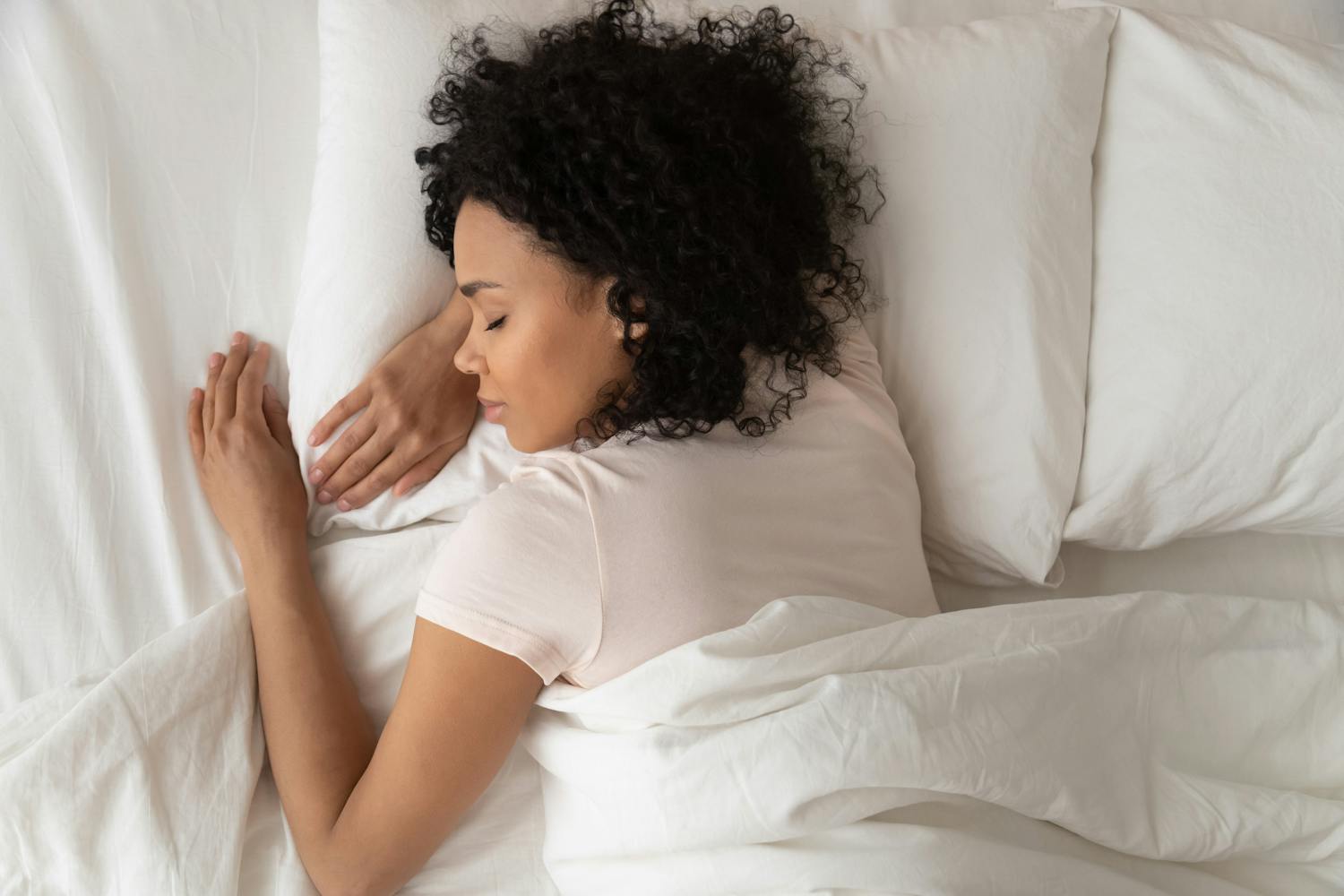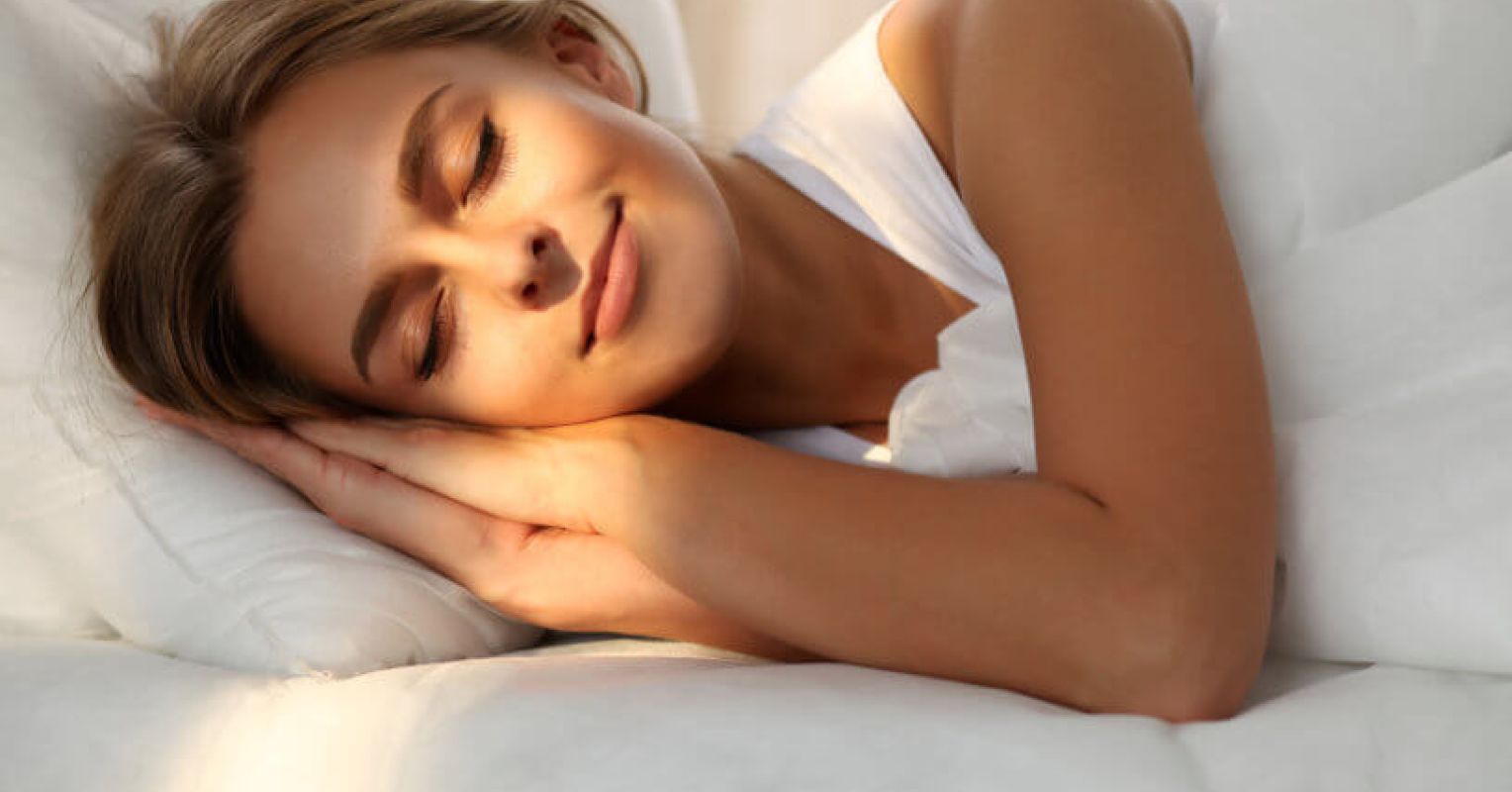Advanced Sleep Therapy - Achieve Deep, Peaceful Sleep
Advanced Sleep Therapy - Achieve Deep, Peaceful Sleep
Blog Article
Reliable Treatment Solutions for Managing Rest Disorders and Enhancing Peaceful Rest
In the realm of medical care, the management of sleep problems and the quest for restful sleep are critical elements of general well-being. Effective treatment options provide a diverse method to deal with these difficulties, ranging from cognitive behavior interventions to alternative practices that promote leisure and mindfulness. The expedition of various approaches, including the integration of medicine and light treatment, opens up a realm of opportunities in the pursuit of better rest quality. As we navigate the detailed landscape of rest conditions and seek to boost our sleep experience, a much deeper understanding of these treatment remedies might hold the key to opening a much more relaxing and satisfying corrective journey.
Cognitive Behavior Treatment for Sleep Problems (CBT-I)
Cognitive Behavior Treatment for Sleeping Disorders (CBT-I) is an organized, evidence-based therapy method that focuses on dealing with the underlying variables adding to sleep disruptions. This kind of treatment aims to modify habits and thoughts that worsen sleep problems, inevitably advertising healthy and balanced rest patterns. CBT-I generally entails numerous vital parts, including cognitive treatment, rest constraint, stimulation control, and sleep hygiene education.
Cognitive therapy aids people recognize and change unfavorable idea patterns and ideas about rest that might be hindering their ability to fall or remain asleep. Rest limitation includes limiting the quantity of time spent in bed to match the individual's real rest period, thereby increasing sleep performance (cognitive behavioral therapy for insomnia (CBT-I)). Stimulus control methods aid develop a solid organization between the bed and rest by encouraging individuals to go to bed only when sleepy and to avoid involving in boosting tasks in bed
Moreover, sleep health education and learning focuses on creating healthy sleep practices, such as maintaining a constant sleep schedule, creating a relaxing bedtime routine, and optimizing the rest environment. By dealing with these aspects comprehensively, CBT-I supplies an effective non-pharmacological intervention for managing insomnia and boosting total sleep quality.
Sleep Health Practices
Having actually established the foundation of cognitive restructuring and behavior modifications in resolving sleeplessness with Cognitive Behavioral Treatment for Sleeplessness (CBT-I), the emphasis now moves in the direction of checking out important Sleep Health Practices for preserving ideal rest high quality and overall health.
Sleep hygiene practices incorporate a series of habits and environmental elements that can dramatically influence one's ability to sleep and stay asleep throughout the night. Constant rest and wake times, creating a relaxing going to bed regimen, and enhancing the rest setting by keeping it dark, quiet, and cool are essential parts of good rest hygiene. Restricting direct exposure to screens before bedtime, avoiding stimulants like high levels of caffeine near to going to bed, and taking part in normal exercise throughout the day can also promote much better rest top quality.
Moreover, practicing leisure techniques such as deep breathing exercises or reflection before bed can assist soothe the mind and prepare the body for rest. By integrating these rest health methods right into one's everyday regimen, people can develop a healthy sleep pattern that supports restful rest and general health.
Relaxation Strategies and Mindfulness
Implementing relaxation techniques and mindfulness practices can play an essential function in cultivating a sense of tranquility and promoting quality rest. sleep deprivation help. These methods aim to peaceful the mind, lower stress, and produce an ideal environment for relaxing sleep. One commonly exercised technique is deep breathing exercises, where people focus on slow, deep breaths to kick back the body and mind. Progressive muscle relaxation involves tensing and after that launching each muscular tissue team, promoting physical relaxation. In addition, led images can aid carry people to a serene place in their minds, assisting in stress and anxiety reduction and boosting rest quality.
By including these techniques right into a bedtime regimen, individuals can indicate to their bodies that it is time to unwind and prepare for rest. Overall, incorporating leisure techniques and mindfulness techniques can considerably contribute to managing sleep disorders and improving total rest high quality.

Medication Options for Sleep Disorders
After discovering relaxation techniques and mindfulness practices as non-pharmacological interventions for enhancing rest high quality, it is necessary to consider medication options for people with sleep problems. In cases where way of living changes and treatment do not offer sufficient alleviation, medication can be an important device in taking care of rest disturbances.
Commonly prescribed drugs for sleep conditions include benzodiazepines, non-benzodiazepine hypnotics, antidepressants, and melatonin receptor agonists. Benzodiazepines, such as diazepam, are sedatives that can help induce sleep, however they are normally advised for short-term use due to the danger of dependancy. Non-benzodiazepine hypnotics like zolpidem are likewise used to deal with sleeplessness and have a reduced threat of reliance compared to benzodiazepines. Antidepressants, such as trazodone, can be advantageous for individuals with co-occurring clinical depression and sleep disruptions. Melatonin receptor agonists, like ramelteon, target the body's all-natural sleep-wake cycle and can be helpful for managing sleep patterns.
It is vital for people to seek Visit This Link advice from a doctor to identify one of the most appropriate medication alternative based on their details sleep problem and clinical background.
Light Therapy for Circadian Rhythm Policy
Light treatment, also referred to as phototherapy, is a non-invasive treatment technique made use of to manage body clocks and improve sleep-wake cycles. This therapy involves direct exposure to brilliant light that mimics all-natural sunshine, which aids to reset the body's internal clock. By subjecting individuals to details wavelengths of light, generally in the morning or evening depending upon the preferred result, light treatment can efficiently readjust the circadian rhythm to advertise wakefulness throughout the day and improve relaxed rest during the night.
Study has shown that light therapy can be especially advantageous for people with body clock disorders, such as delayed rest stage syndrome or jet lag. It can additionally be helpful for those experiencing seasonal depression (SAD), a kind of depression that commonly occurs during the winter season when official site all-natural light direct exposure is lowered. Light treatment is normally well-tolerated and can be utilized along with other treatment approaches for sleep conditions to maximize end results and boost general rest quality.
Verdict
In final thought, efficient therapy options for handling rest problems and enhancing relaxed sleep consist of Cognitive Behavior modification for Sleep Problems (CBT-I), rest health techniques, leisure strategies and mindfulness, drug choices, and light therapy for body clock guideline. These approaches can assist individuals improve their rest top quality and overall well-being. It is necessary to talk to a health care copyright to determine one of the most appropriate technique for resolving sleep issues.
As we browse the complex landscape of sleep problems and look for to boost our sleep experience, a much deeper understanding of these therapy remedies may hold the key to unlocking a much more rejuvenating and fulfilling corrective journey.
Sleep restriction includes limiting the amount of time spent in bed to match the person's actual sleep period, thereby raising rest efficiency. Consistent rest and wake times, creating a relaxing bedtime regimen, and optimizing the rest atmosphere by keeping it dark, quiet, sleepwalking and cool are important parts of good rest hygiene. Light therapy is normally well-tolerated and can be used in conjunction with other treatment methods for rest disorders to optimize outcomes and improve general rest high quality.

Report this page